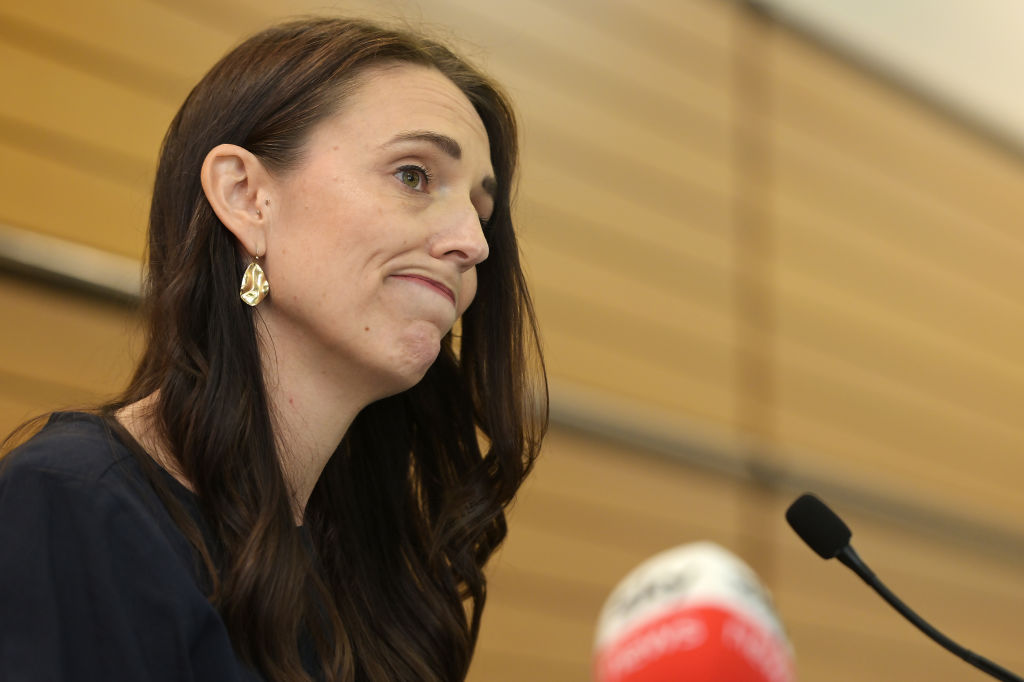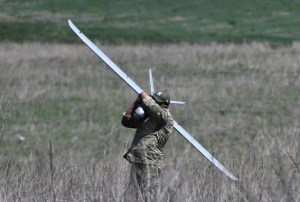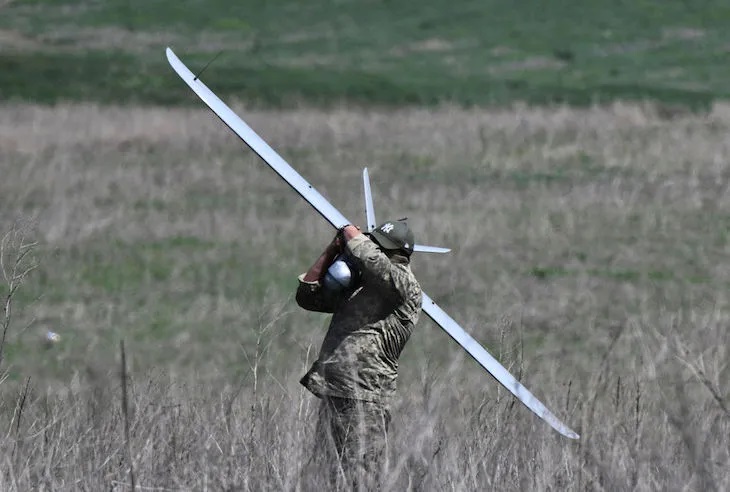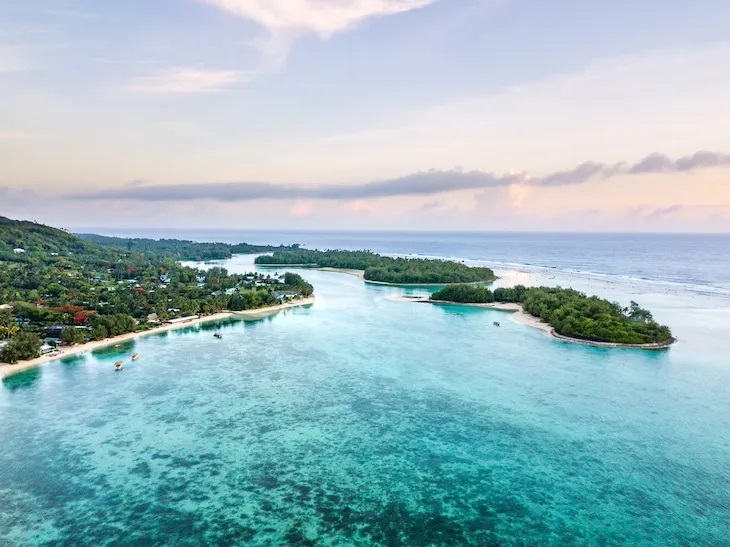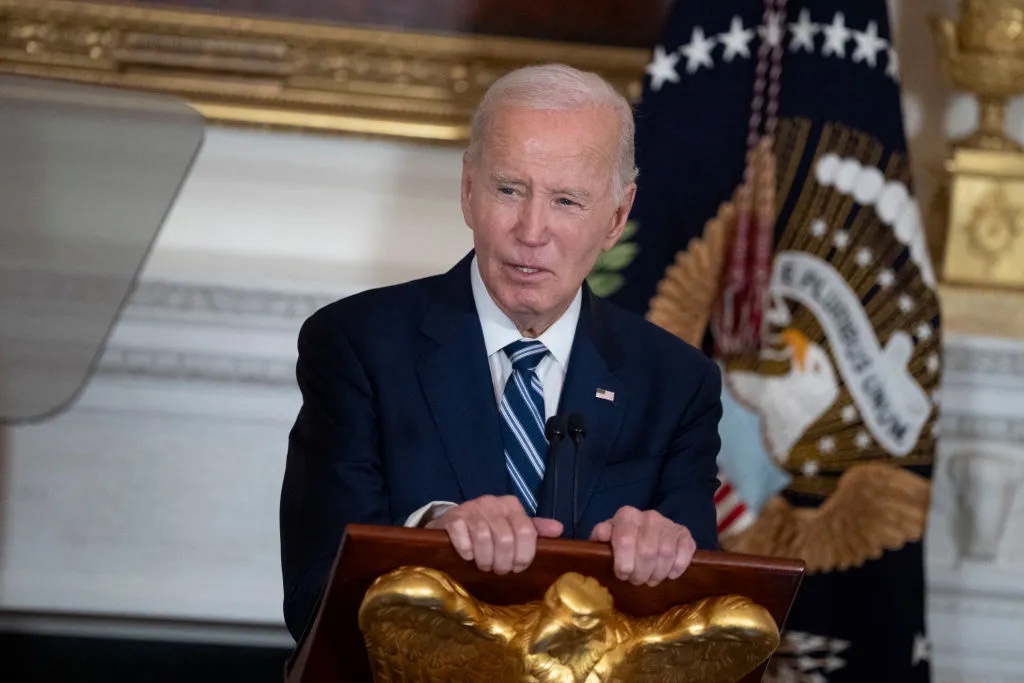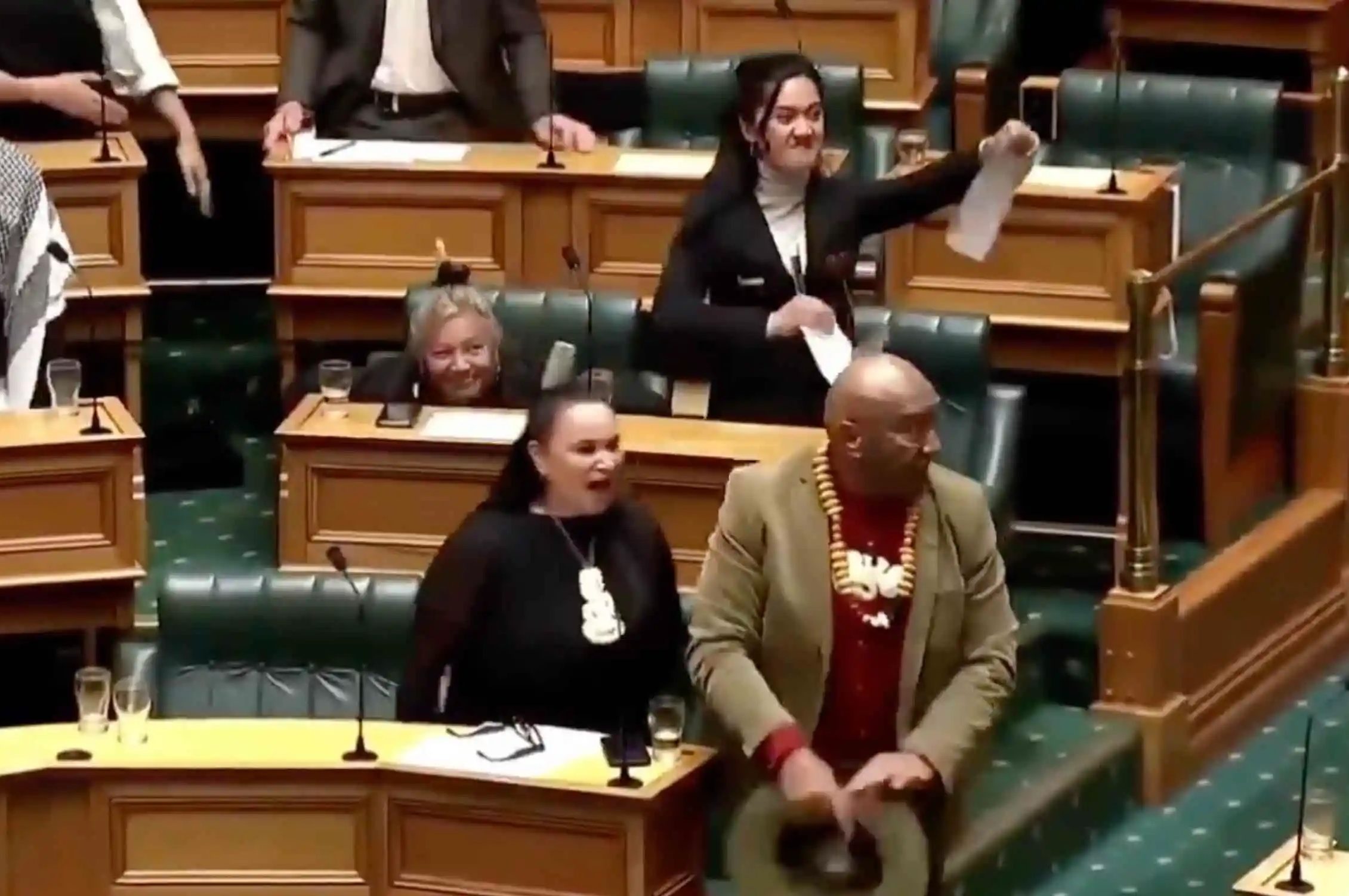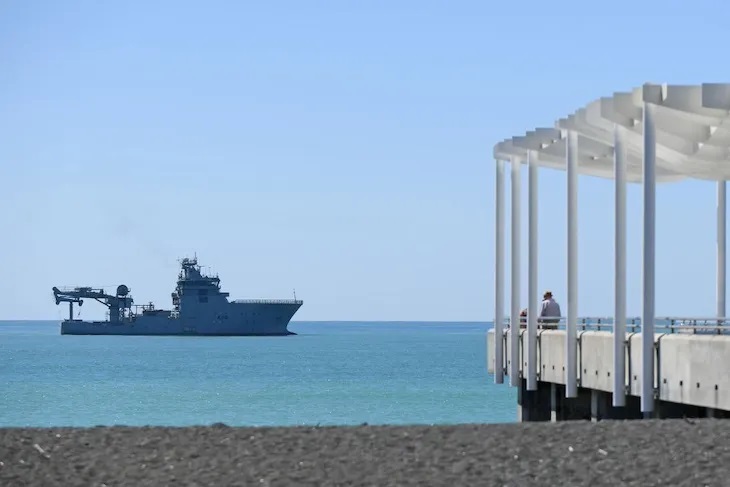Former New Zealand prime minister Jacinda Ardern bade farewell to parliament a few weeks ago. Ardern had resigned as PM in January, saying she no longer had “enough in the tank” to lead the country. After half a decade in charge, and regularly fêted on the world stage, Ardern has all but vanished as a ubiquitous figure of the age; but more striking is the extent to which her political legacy has, too.
So what has she been up to since? Ardern has been appointed a trustee of a Prince of Wales environment award, named the Earthshot Prize. The prize was created by Prince William to fund projects that, in a not-unimpressive mission statement, “aim to save the planet.” On joining the board of trustees, Ardern said, in a statement that might have been generated by ChatGPT, she had believed in the prize’s “power to encourage and spread not only the innovation we desperately need, but also optimism.”
Ardern will take on another role working alongside international governments and social media companies to target extremist content online, as a special envoy for the “Christchurch Call.”
So: a trustee, and a special envoy. Commendable, in their way, the latter especially, given the association with the Christchurch mosque shooting; but also somewhat nominal for a former world leader.
In the brief interim since departing, her legislative legacy, already rather light, and characterized by as many abandoned policies as enacted ones, has been largely stripped away. Many expected her abrupt resignation to fatefully deprive New Zealand’s government of its best asset. However, the moderate pragmatism of her successor, Chris Hipkins, may in fact have provided a more viable means to a third term.
The new prime minister has none of his predecessor’s star power, although he is widely seen as competent and trustworthy after his time in charge of the Covid-19 effort.
Hipkins has quietly gone about shuffling a muddled legislative agenda back into shape. His rebrand of the post-Ardern Labour government has involved a move to the center, a version of “Third Way” politics that has been rewarded with a boost in the polls for the party. Labour has regained momentum.
Priorities in development since Labour came to power nearly six years ago, such as a proposed national income insurance scheme, have now been dispensed with. Hipkins reversed a merger of TVNZ and Radio New Zealand into a single public media entity, and kicked an unemployment insurance scheme down the track.
What, then, is Ardern’s political legacy? A paper thin one
Just this week, Hipkins excised yet more of his party’s and predecessor’s legacy and agenda, scrapping a major part of an unpopular “Three Waters” reform.
This strategic planning program was undertaken to tackle the issues underpinning future requirements for the provision of services in all “three waters” — drinking water, stormwater and wastewater. The reforms got bogged down in terrible PR, with councils griping suspiciously about autonomy, and perceived indigenous Maori ‘co-governance’ rhetoric raising some heckles too. Hipkins modified the reforms so that four previously proposed mega entities responsible for delivering water to different parts of the country would be sliced up into ten smaller bodies, with councils having some ownership stake.
Policies launched with much fanfare early in Ardern’s tenure are also being tossed out, such as a proposed capital gains tax and a flagship housing scheme. The roll-backs, scrapped proposals and massive alterations to existing legislation presided over by her successor, and friend, Chris Hipkins, is like a smaller scale, more subdued, Antipodean iteration of when new UK chancellor Jeremy Hunt put Liz Truss’s policies through the shredder.
What, then, is Ardern’s political legacy? A paper thin one. This extends even to the international stage — not in terms of personal profile, but actual geopolitics. Chris Hipkins’s visit to Australia this weekend indicates changes are underway in New Zealand’s foreign policy, which usually involves bilateral tensions with China, New Zealand’s largest trading partner.
New Zealand is becoming increasingly aligned with Australia. The most recent example came in the acceptance by both Anthony Albanese, the Australian PM, and Hipkins of an invitation to the NATO leaders’ summit in Lithuania this July. The joint RSVP was likely coordinated between the two governments.
Hipkins is soon flying to Brisbane to meet with Albanese. In advance of the trip, a new partnership has been announced, which promises “sustained cooperation” between the Australian and New Zealand militaries. The arrangement covers a wide range of areas that include “strategic engagement, capability, training, readiness and common personnel issues.”
There is also the issue of cybersecurity, in particular when it comes to tackling TikTok. In March, New Zealand’s parliamentary service effectively banned use of the smartphone app, owned by Chinese company ByteDance, by MPs and staffers who accessed parliament’s network. Australia then issued a more comprehensive ban that prohibited the use of TikTok on devices used by employees at all Australian federal government departments and agencies.
As yet, China has not reacted to New Zealand’s increasing willingness to align with Australia, and NATO. Though she was also invited to attend a NATO summit last year, in Madrid, Ardern’s tenure settled into a fairly predictable pattern with China. She would stress the importance of liberal democratic values and perspectives, which would be met, like clockwork, with China issuing portentous official criticisms, with spurts of syntactically glitchy demagoguery in state-approved media. The emerging, more robust alignment with Australia by Hipkins is yet a further example of a reset from Ardern’s time.
So, after all the globe-trotting, the spirit of transformation, politics infused with emotional intelligence, and the promise of a new generation of leadership, scarcely anything has endured. Ardern once appeared on the cover of TIME magazine, with the heading: “Know us by our deeds.”
After all is said and done, the question can legitimately be raised: which ones?
This article was originally published on The Spectator’s UK website.



